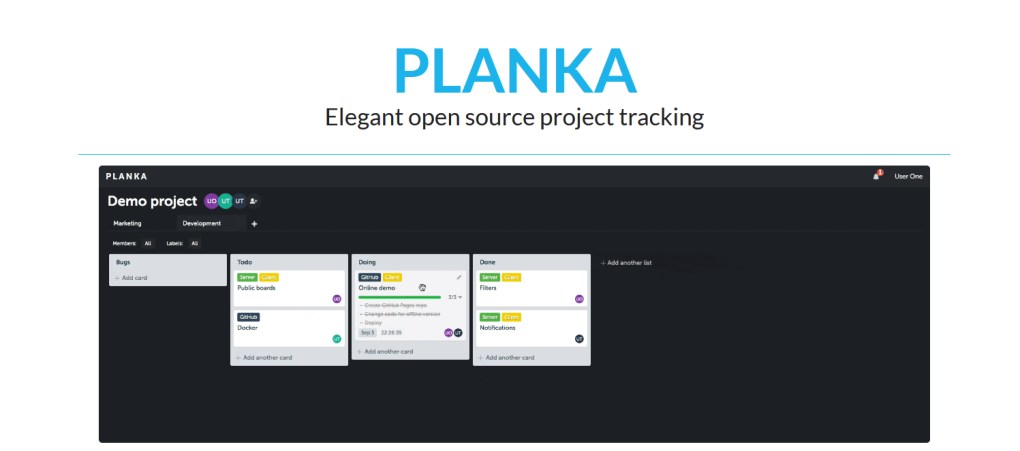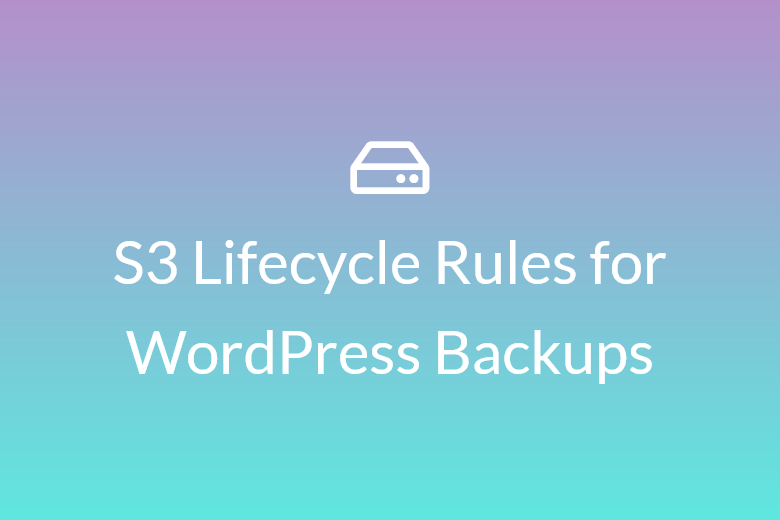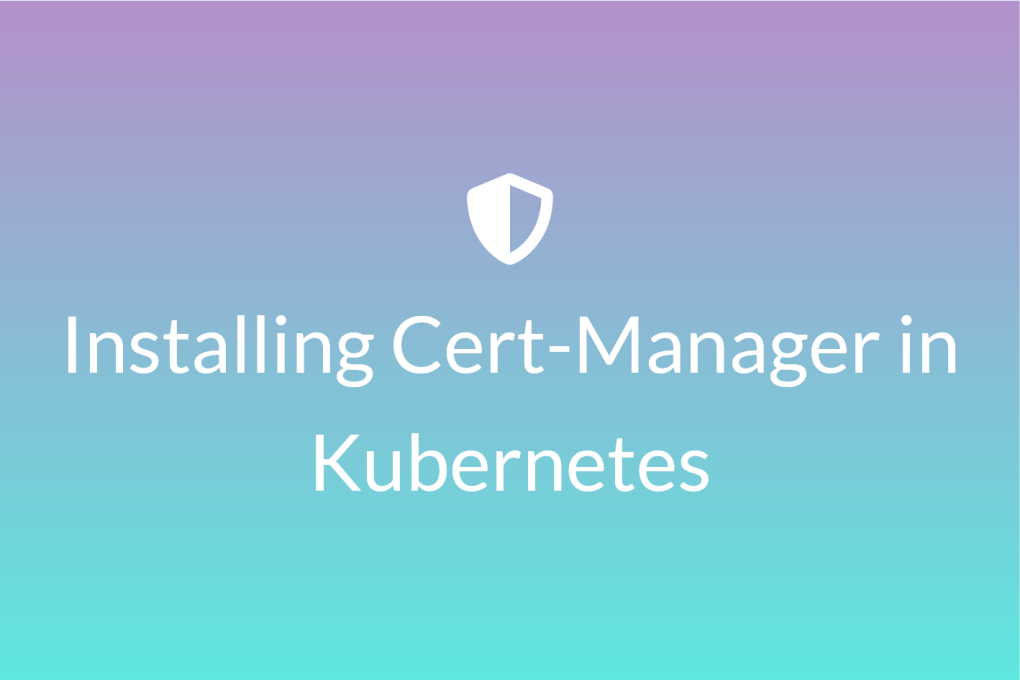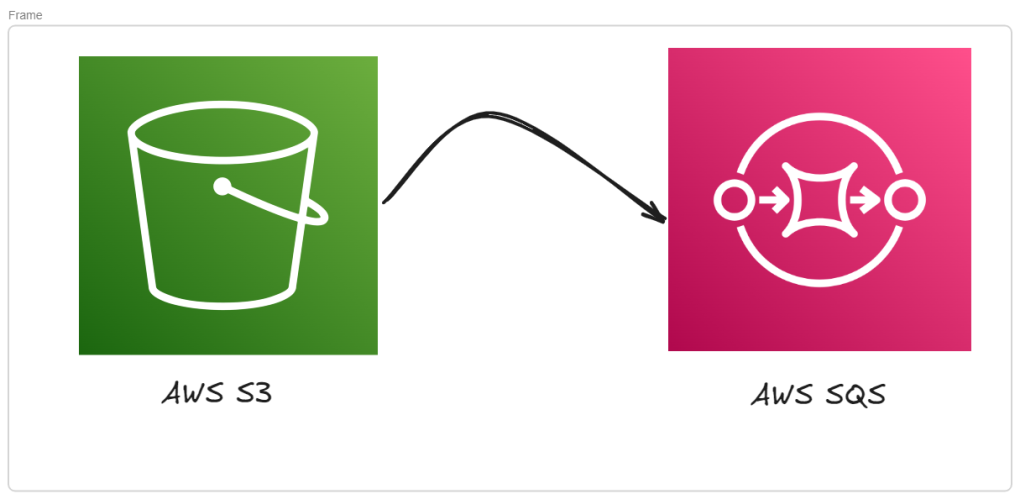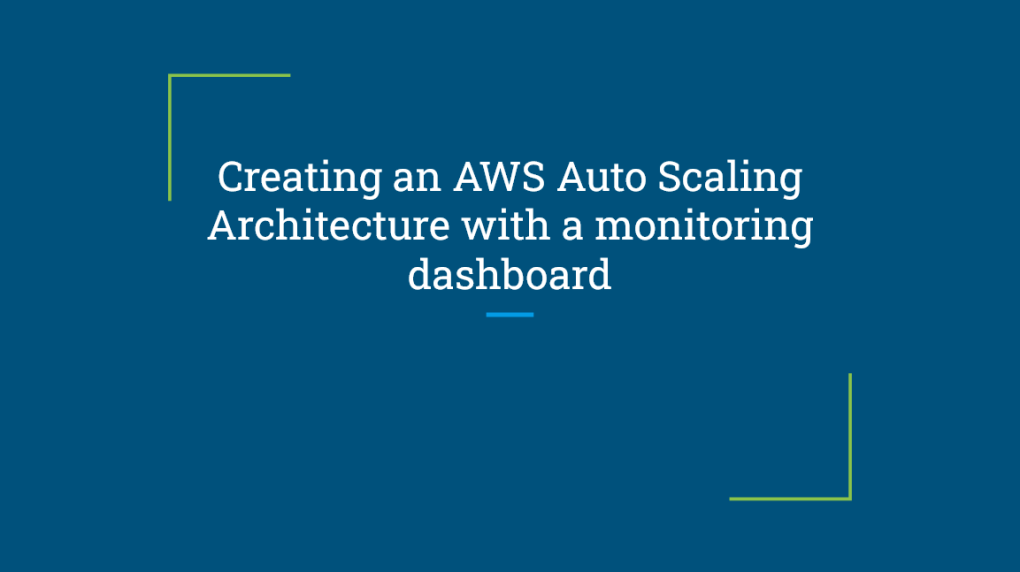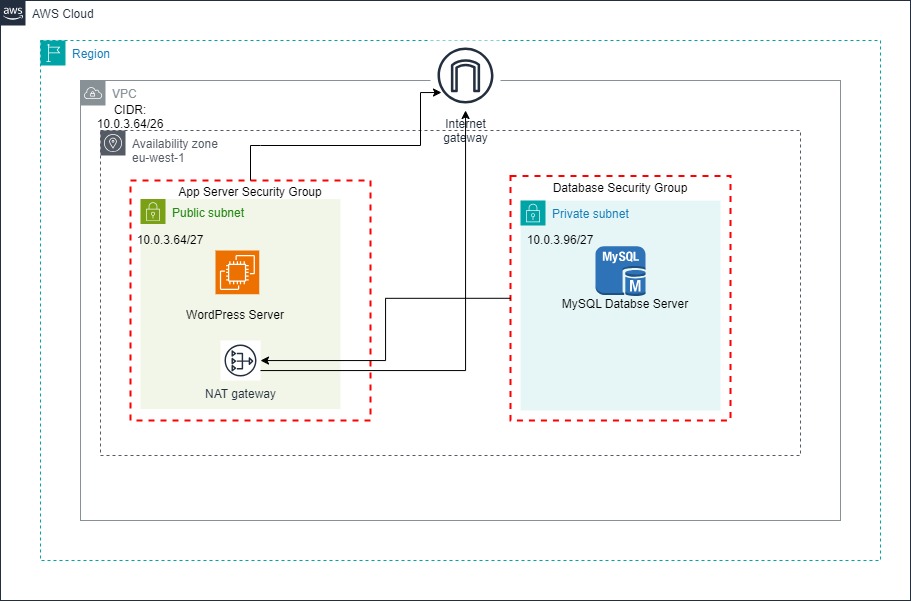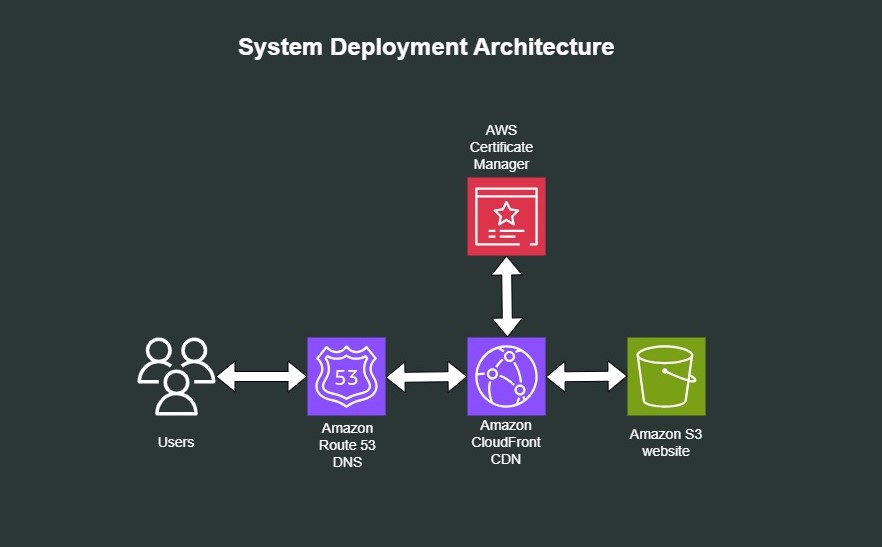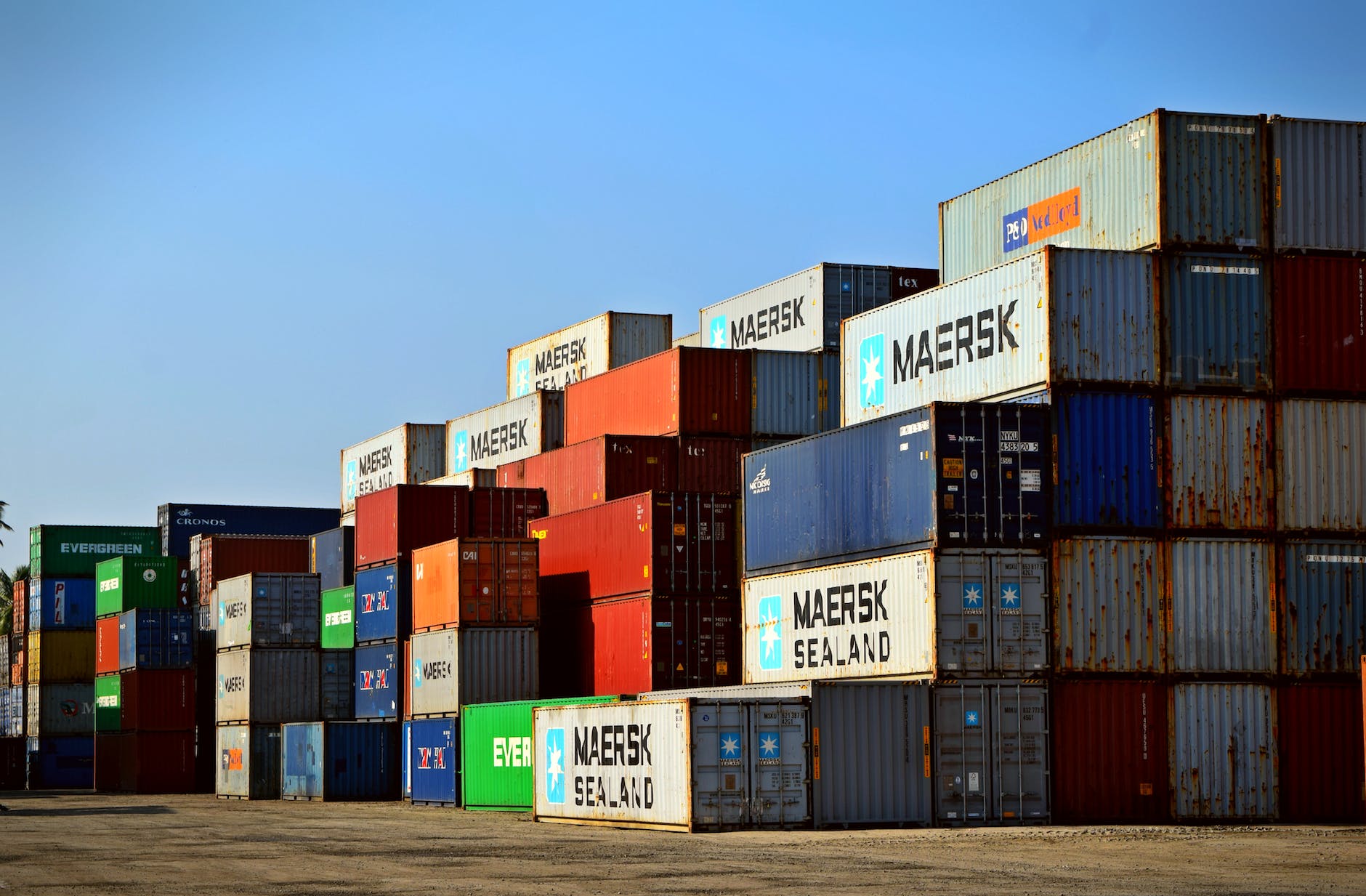Self-Hosting Planka in Kubernetes: A Lightweight Trello Alternative
I recently deployed Planka, a self-hosted, open-source Trello alternative, to my Kubernetes Homelab. In this post, I discuss why I chose it and how I set it up using GitOps
Self-Hosting Planka in Kubernetes: A Lightweight Trello Alternative Read More »
